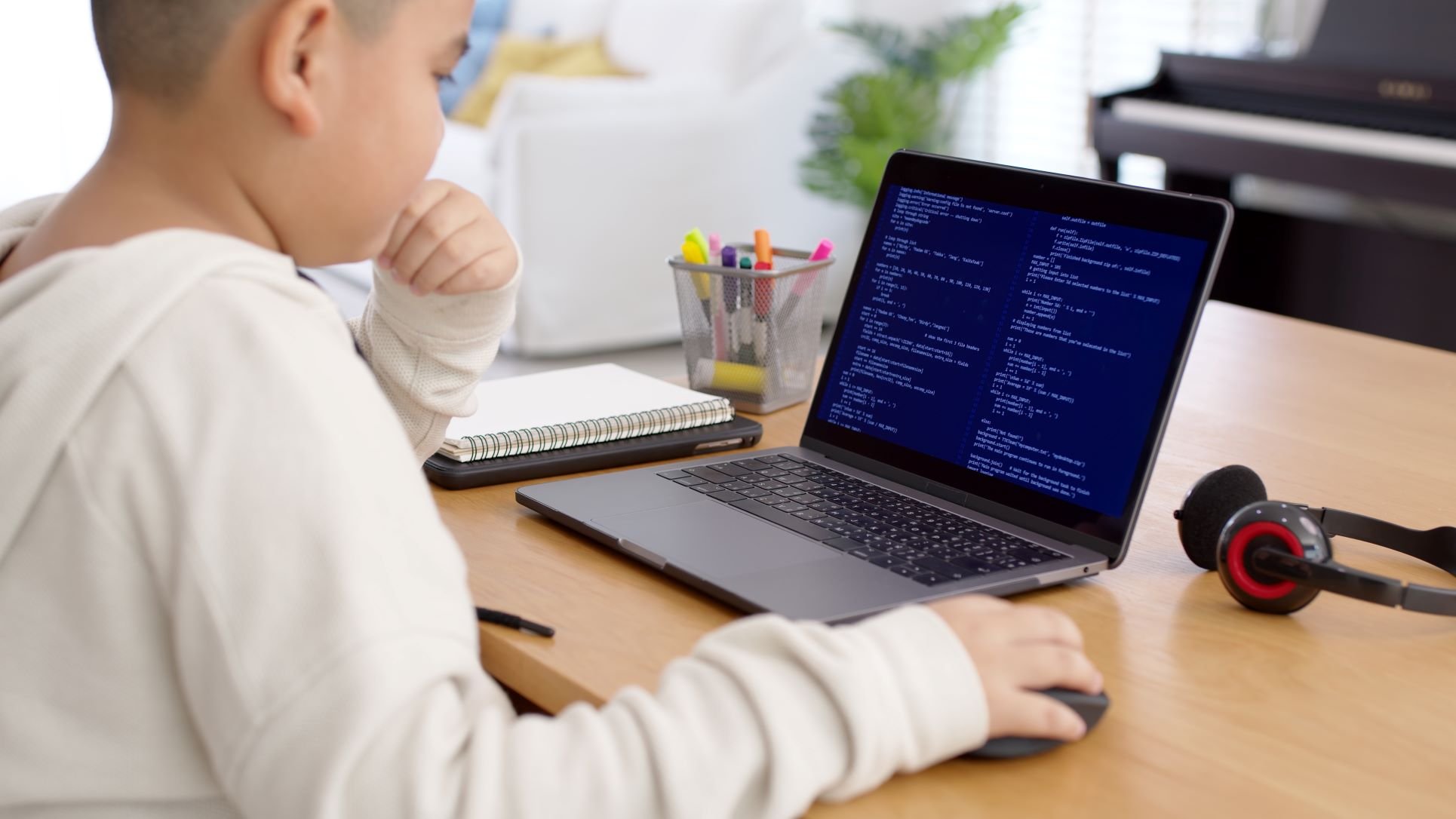8 Executive Function Skills to Teach Your Elementary Students
Your brain is an important organ with lots of responsibilities. Some of your brain’s most critical responsibilities are its executive functions. Executive functioning, regulated by your brain’s prefrontal cortex, is responsible for advanced skills like managing impulses, making big decisions, and achieving your goals.
At their age, elementary students’ brains are strengthening their executive functioning skills. As their teacher, how you support them in the classroom can make an enormous difference.
Here are 8 executive function skills you can teach your elementary students, along with some simple strategies to help students with executive functioning.
Organizing Can Be an Important Executive Functioning Skill
Organizing both their tasks and the space around them is an important executive functioning skill that elementary students will need well into their adulthood.
Many experts recommend using a daily planner, complete with to-do lists, to help students keep their tasks organized. Create opportunities throughout the school day for your students to check in with their planners and make sure they’re organizing the time well enough to stay on schedule.
In terms of organization of space, desks are a great place to start. If you’ve noticed that some students seem to constantly lose their things, give them special attention and spend some time helping them to find a way to keep their desks uncluttered.
Struggles With Executive Functioning Leads to Poor Prioritizing
Many kids who struggle with executive function have trouble prioritizing tasks -- especially when they’re asked to do more than one thing at the same time.
One of the best ways to help elementary students prioritize is to teach this skill explicitly. For example, when giving instructions for an assignment, ask your students what they picked up on as the most important parts of the task. If you see that they can’t prioritize or get stuck in the irrelevant details, consider giving them a rubric that breaks down each step with a percentage number.
Planning is a Complex Executive Functioning Skill

Planning is a complex skill that requires many strong executive skills, including prioritizing, time management, and taking steps to reach a goal.
To help your students become better planners, try creating a classroom routine -- a predictable one. When your students know what to expect every day, they’ll be more successful in planning the rest of their days. You can also teach this skill explicitly by using planners, lists, and timers.
Taking Notes
It’s unlikely that younger elementary students will be able, or have a need, to take notes during their classes. But you can start helping your older kids aged 10 and up learn the advanced skill of note-taking, which will help them strengthen their brains’ executive functioning. Consider teaching the skill of note-taking to your students explicitly - none of us were born knowing how to do this!
To teach elementary kids how to take effective notes, try paraphrasing the information after you’ve gone over it. You can also consider using lots of visuals, like lists, to summarize your information -- your students can copy these down easily. And make sure to remind your students that they don’t need to use complete sentences when it comes to their notes.
Multi-Step Directions Involves Different Executive Functioning Skills
Being able to follow multi-step directions involves a number of different executive functioning skills, including prioritization and working memory.
To help your students be able to understand, and follow multi-step directions, consider using visuals. Visual aids, like posters or even just writing multi-step directions down on the whiteboard, can help students understand the steps and conditions of the instructions. Fun mnemonics may also be helpful.
You can also ask your students to repeat or write down the multiple steps after they have learned them.
Breaking Projects Into Smaller Chunks Exercises Important Executive Functioning Skills
Teaching your elementary students to break each large project or assignment into smaller tasks can help them to strengthen important executive functioning skills like planning, prioritizing, and time management.
You can teach this skill explicitly every time you assign a large project. If you notice a child is struggling or feeling overwhelmed, ask them: “What is the first step you need to take?” Help them to mindfully keep their focus on the next task without becoming overwhelmed by the final goal.
Persevering Through Difficulties
Setting goals, and persevering until you achieve them, is an important executive functioning skill that your students will need throughout their lives.
One way to teach your elementary students how to persevere through difficulties is to cultivate a growth mindset in your classroom. A growth mindset encourages students to see mistakes as learning opportunities, and to understand that success is something that you work towards, not a trait that you’re born with.
Managing Emotions
Lastly, learning how to manage strong or painful emotions is an important executive function that will help your students have higher emotional intelligence throughout their lives.
A classroom mindfulness practice can help students with feelings identification and management. When your students learn to slow down and pay attention to what’s going on inside of them, they may become less likely to act out on their emotions impulsively.
If you’re interested in setting up a school-based mindfulness program, we can help. Get in touch with us today!





SIGN UP FOR OUR NEWSLETTER